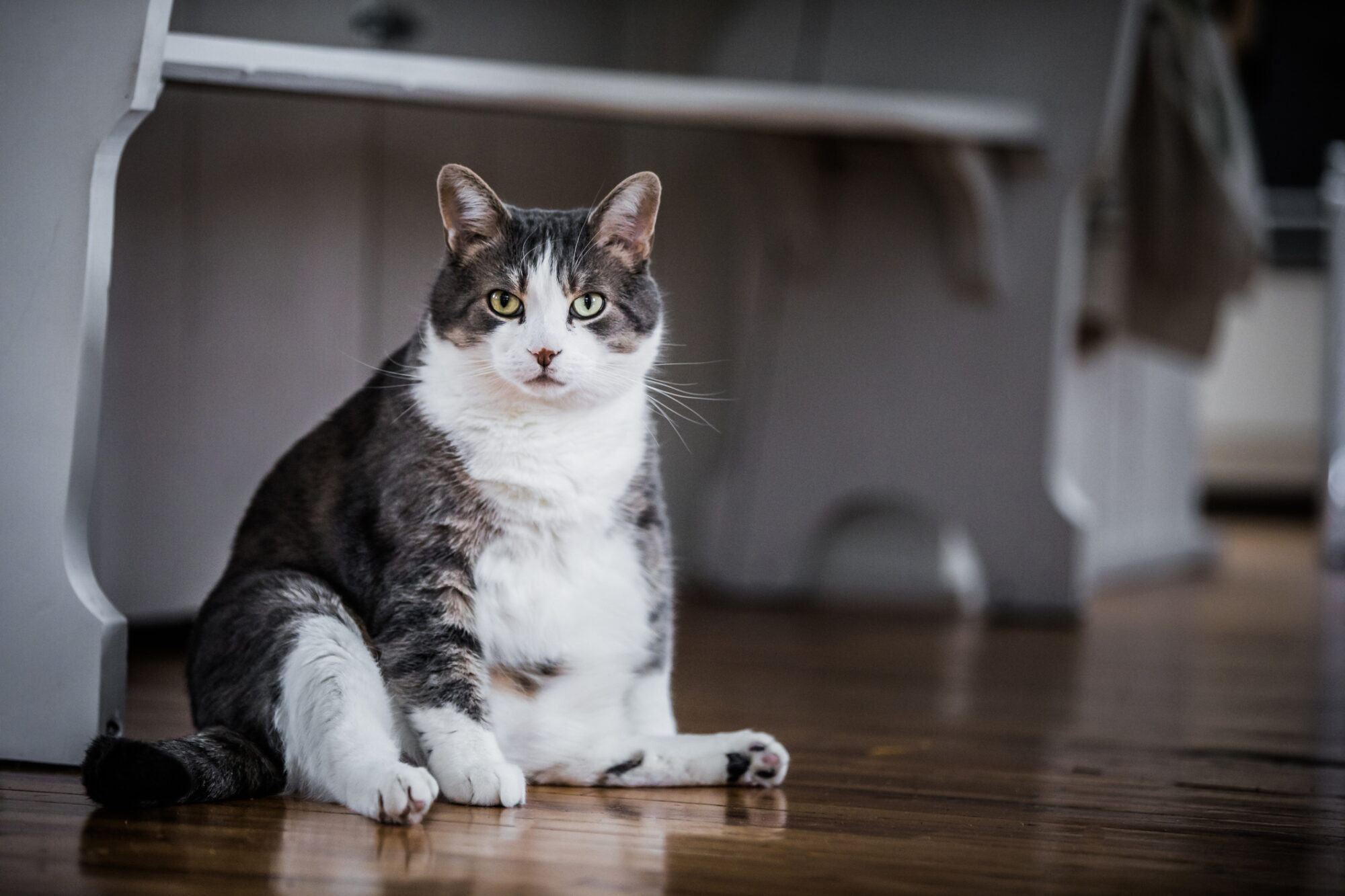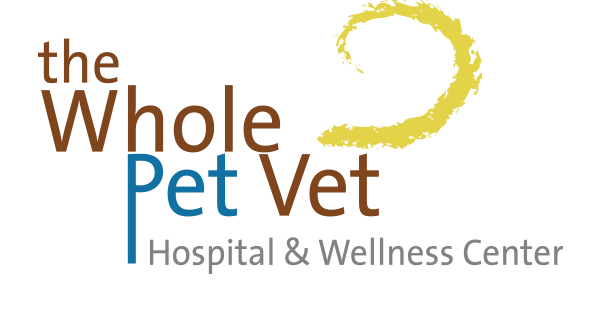Preventing and Treating Pet Obesity: Tips for a Healthy Weight

Keeping your pet at a healthy weight is one of the most important things you can do to ensure they live a long, happy life. Obesity in pets isn’t just about a few extra pounds; it can lead to serious health issues such as diabetes, arthritis, and even heart disease.
At The Whole Pet Vet Hospital & Wellness Center, we believe that preventing and treating pet obesity starts with understanding your pet’s dietary needs and making informed decisions to keep them fit and healthy.
Pet Obesity Prevention
Pet obesity is more common than you might think. It’s estimated that nearly 60% of cats and dogs in the U.S. are overweight or obese. Obesity can significantly reduce your pet’s quality of life, leading to decreased mobility, difficulty breathing, and a higher risk of developing chronic conditions. Preventing pet obesity is easier than treating it, and it begins with recognizing the signs early on.
Healthy Pet Weight
Maintaining a healthy pet weight is about more than just diet—it’s about a balanced lifestyle. Regular exercise, appropriate portion sizes, and nutrient-rich foods are key to keeping your pet in shape. At The Whole Pet Vet, we recommend a holistic approach that includes regular weigh-ins, tailored dietary plans, and a commitment to daily physical activity.
Tips for Managing Pet Obesity
If your pet is already overweight, don’t worry—there are steps you can take to help them shed those extra pounds safely and effectively. Here are some practical tips to help you manage your pet’s weight:
- Consult with a Veterinarian: Before starting any weight loss plan, it’s essential to consult with a vet to rule out any underlying health issues. At The Whole Pet Vet, we offer nutritional counseling to create a personalized diet plan that meets your pet’s specific needs.
- Measure Food Portions Carefully: Overfeeding is one of the main causes of pet obesity. Use a measuring cup to ensure you’re giving your pet the right amount of food. Remember, treats count too!
- Increase Physical Activity: Regular exercise is vital for weight loss. Engage your pet in activities they enjoy, like walks, playtime, or even agility training. Aim for at least 20-30 minutes of exercise per day, depending on your pet’s breed and age.
- Choose Nutrient-Dense Foods: Not all pet foods are created equal. Opt for high-quality, nutrient-dense foods that provide the right balance of protein, fats, and carbohydrates. We can help you select the best diet for your pet’s weight management needs.
- Monitor Progress: Keep track of your pet’s weight regularly and adjust their diet and exercise routine as needed. Consistency is key—small changes can lead to significant results over time.
The Whole Pet Vet’s Approach to Pet Weight Management
At The Whole Pet Vet Hospital & Wellness Center, we believe in a comprehensive approach to pet health, which includes a strong focus on diet and nutrition. Our experienced veterinarians work closely with pet owners to develop customized weight management plans that suit your pet’s unique needs. We offer nutritional counseling, prescription diets, and ongoing support to help your pet achieve and maintain a healthy weight.
Learn more about our nutrition counseling services in this blog post.
Ready to Take the Next Step?
If you’re concerned about your pet’s weight or need guidance on how to manage it, don’t hesitate to get in touch. Our team is here to provide expert advice and support, ensuring your pet stays healthy and happy for years to come. Call us today to schedule a nutrition counseling session and take the first step towards a healthier, happier pet.
